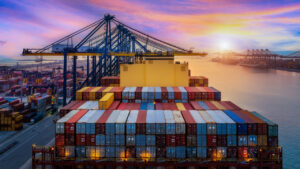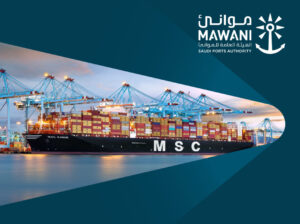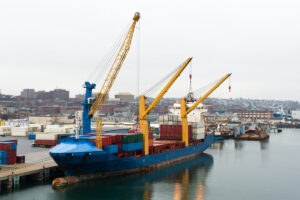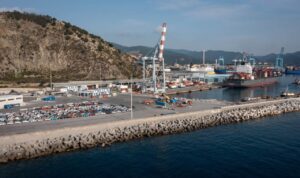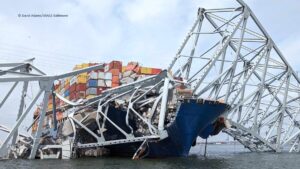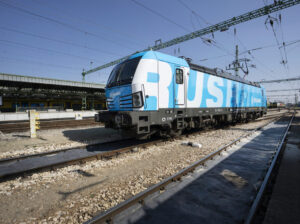The Government of Bangladesh is actively seeking international partnerships and financial support to help make the country’s ship-recycling facilities greener and more sustainable.
Following the successful completion of the first phase of a project aimed at improving safety and environmental standards within the country’s ship-recycling industry, the International Maritime Organization (IMO), the Government of the People’s Republic of Bangladesh and the Secretariat of the Basel, Rotterdam and Stockholm Conventions (BRS) have jointly implemented the 30-month 'Safe and Environmentally Sound Ship Recycling in Bangladesh – Phase I' (SENSREC project).
This includes economic and environmental studies on the ship-recycling industry in Bangladesh, studies on managing hazardous materials and refining the Government One-Stop Service – in which all the various ministries with a responsibility for ship recycling offer a single point of contact for related matters.
Additional measures include developing training materials and preparing a document for a follow-up Phase 2 to implement the recommendations of the first phase.
The second phase of the project is expected to focus on constructing a dedicated waste-management facility for treating, storing and disposing of the hazardous waste (TSDF), as well as rolling out a comprehensive training programme aimed at workers in ship recycling yards, supervisors and government officials.
The main funding for the project came from the Norwegian Agency for Development Cooperation (Norad), with the European Union (EU) also supporting the project with additional funding channelled through the Secretariat of the Basel, Rotterdam and Stockholm Conventions (BRS).
Read PTI's technical paper 'Innovation: The Route to Green Shipping'
Sidsel Bleken, Ambassador of Norway to Bangladesh, said: “The SENSREC Project has achieved significant progress in terms of developing health, safety and environmental standards and appropriate training programmes that should stimulate a sustainable ship recycling business in Bangladesh.
“Now, it is important to apply these measures, particularly the workers’ training programme.
“Following the positive momentum created by phase I of the project, and based on the requests from industry stakeholders, the Norwegian Embassy has decided to continue its support to the ship-recycling sector in Bangladesh.
“The purpose is to scale-up the capacity enhancement to its next level and support implementation measures relating to environment, health and safety standards, by institutionalising the workers’ training programme in practice.”
With an annual gross tonnage capacity of more than 8.8 million, the Bangladeshi ship recycling industry is one of the world’s most important, second only to neighbouring India in terms of volume.
The successful completion of the SENSREC Phase-I Project is expected to assist Bangladesh in working towards accession to IMO’s Hong Kong Convention for the Safe and Environmentally Sound Recycling of Ships and towards meeting the international standards stipulated by the Convention.
The Project was coordinated by a dedicated Project Coordination Unit established by IMO, including a project office and project officer based in Dhaka. A number of international and national consultants were used to deliver the technical activities within the project.
Dr. Stefan Micallef, Director, Marine Environment Division, IMO, said: “The completion of phase I of the project is not merely the end of the initiative to improve the country’s ship recycling practice but rather a stepping stone or a very good starting point towards further development. IMO will continue to cooperate with the Government of Bangladesh and, as far as possible, support its efforts with regard to training for ship recycling.”
Watch 'Where Ships Go to Die, Workers Risk Everything' by National Geographic to learn more about the ship-breaking industry in Bangladesh:
The ship-breaking industry has been in the spotlight a lot recently due to the Gadani ship-breaking yard in Pakistan claiming the lives of many workers due to chemical fires breaking out on ships.
Image credit: International Maritime Organization


